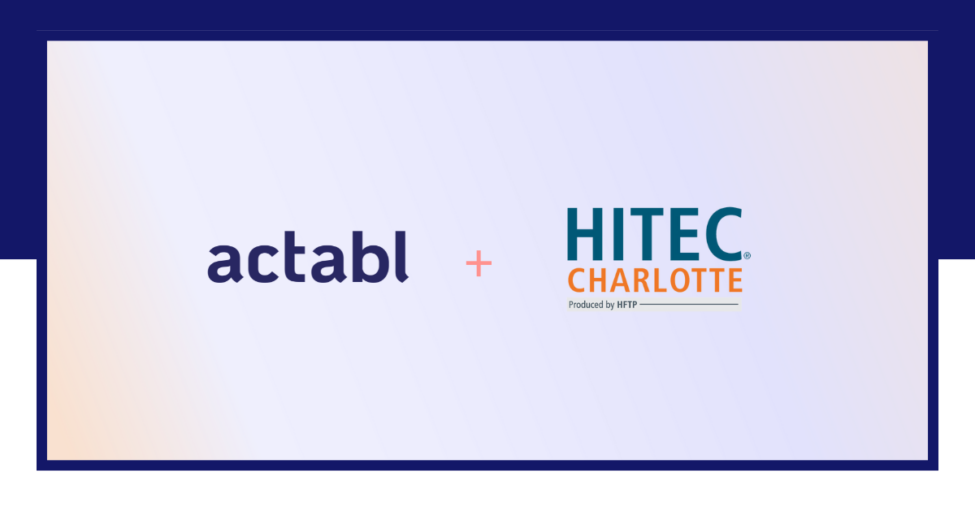
Five Operating Metrics Every Hotel Should Care About
By Jeffrey Parker- Hotel Operations Expert
There are a lot of numbers that are used in hotels to determine Key Performance Indicators (KPI’s), which are used to measure success and to make adjustments to strategy. Like many industries, hotels have their own set of acronyms used to relate common measurements. These acronyms are used industry-wide for hotels to compare themselves to competitors, to set and measure goals, to analyze business performance, and to identify opportunities for change and growth.
Some of these numbers are reported to partners, like Smith Travel Research (STR), to see how a hotel stacks up in their market or service class. There are a lot of numbers that hotels look at every day, however there are five operating metrics that every hotel should keep track of, as well as how streamlined operational performance can affect them.
Average Daily Rate (ADR)
ADR is the most common acronym used in hotels, it is also the most basic. It represents how much money, on average, the hotel receives per rented room. ADR only looks at rate per sold room, so a hotel selling one room at $300/night has an ADR of $300. This metric is like judging a book by its cover, only a surface evaluation of success.
Hotels report ADR net of advance fees, like Online Travel Agency (OTA) prepay charges, where OTAs send a net rate to the hotel, removing their commission in advance. For example, if the OTA rate is $150 on a prepaid rate, the rate sent to the hotel has the commission subtracted in advance, so it might be $130 if the commission is 20%. However, if the rate is collected at the hotel, the full rate is reported, so $150.
Revenue Per Available Room (RevPAR)
RevPAR shows a much better picture of the success of a hotel. In this metric your total room revenue is divided by the number of rooms the hotel has. The same $300 ADR from one room, in a 100 room hotel, is a $3 RevPAR. Like ADR, RevPAR is reported based on the revenue collected at the hotel, prepaid rates are only counted at the net amount.
Some use a different calculation, multiplying the Room Revenue by Occupancy, in most cases this generates the same result, but there can be minor differences. Some hotels and resorts with other revenue sources (Restaurant, Spa, Bar, Excursions) might have a secondary calculation, Total RevPAR, where they add in all revenues collected by the property. This is common at casino hotels.
Revenue per Available Customer (RevPAC)
The cousin to RevPAR is Revenue per Available Customer (RevPAC) where instead of rooms, the number of guests is calculated. This involves all the guests in a room, but can also count non-sleeping guests that are visiting to enjoy amenities or even attend a conference or event.
This KPI helps evaluate the total value a guest has to the property. For example, a family of four coming to a hotel might pay the same nightly rate as a single guest. However, they would spend much more on food and beverage, gift shop items, arcade games, bicycle rentals, etc. Hotels might sell sporting event or concert tickets as part of a package, or theme park entry, spa and golf packages.
Cost Per Occupied Room (CPOR)
CPOR is used to evaluate the variable costs related to a guest staying in a room. This will include the cost to clean the room, breakfast, credit card fees, beverages or meals that are included in room rate, staff the front desk to check-in/out, costs to replenish the amenities, incremental energy, laundry, and other utilities.
CPOR does not include costs that are not related to the room being occupied (usually billed on a monthly basis), TV Content Subscriptions, Wi-Fi, Internet, Phone Circuits, and other staff labor costs. These are fixed costs. CPOR is often used to calculate the minimum rate for a room, if CPOR is $45, then charging less than that is a loss for the hotel.
Net Operating Income (NOI)
NOI is the most important KPI for the valuation of a hotel property. This statistic takes the total revenue, from all sources, that a hotel collects and then subtracts all reasonable operating expenses. Commissions, labor, energy, franchise fees, subscriptions, regular maintenance, advertising, marketing campaigns, software contracts are all common operating costs. NOI does not include business metrics and costs related to taxes, depreciation, principal and interest on loans, capital expenditures, and amortization.
While not identical, NOI is often used interchangeably with EBITDA (Earnings before Interest, Taxes, Depreciation and Amortization). These numbers are used by investors and banks to create a total value calculation of the property for loans and investments. Hotels focused on growing NOI often undervalue new operating expenses for capital expenditures, meaning that when they look at additional recurring operating costs (SaaS) very closely before committing.
Management companies often have NOI as one of the KPIs they are incentivized on, improving the value of the owner’s asset is as important (or more) then great ADRs and RevPARs. NOI can be even more important if the ownership is looking to sell an asset in a short period of time, or leverage that asset for capital to purchase additional properties.
Hotels, ownership groups and management companies use these KPIs to evaluate how successful an operation is. This is a costly strategy based on an increased rate to drive ADR and RevPAR — it might have a detrimental impact on CPOR or NOI.
The Impact of Hotel Operations on Performance Metrics
These hotel performance metrics are also used to evaluate current and new expenditures. A software solution that saves a couple hours a day for a front desk agent, might not have a positive impact on NOI, because the agent still needs to be at the front desk to facilitate guests. But, if that same solution provides a high-level of customer satisfaction, it can drive higher ADR and RevPAR, making it a slam dunk, home run!







